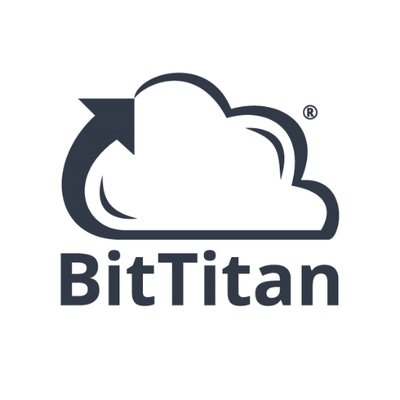Time and again, we have witnessed the benefits of AI in accelerating company operations, enhancing customer interactions, and introducing new products and experiences to the market. The advancements in generative AI and foundation models have further propelled the adoption of AI within organizations, particularly with the introduction of Azure OpenAI Service. However, this shift also highlights the need for new tools, processes, and a fundamental change in how technical and non-technical teams collaborate to manage AI practices at scale, known as LLMOps (large language model operations).
Azure AI has already established itself as an MLOps (machine learning operations) platform with numerous tools to support healthy LLMOps. During the Build event last spring, we introduced a new capability called prompt flow in Azure AI, which sets a new standard for LLMOps. Recently, we released the public preview of prompt flow’s code-first experience in the Azure AI Software Development Kit, Command Line Interface, and VS Code extension.
In this blog series dedicated to LLMOps for foundation models, we aim to delve deeper into the concept of LLMOps and its significance in Azure AI. We will explore the unique features of generative AI and how it addresses current business challenges. Additionally, we will discuss how LLMOps fosters collaboration among teams working on the development of next-generation apps and services. The series will also cover responsible AI approaches, best practices, and data governance considerations to ensure ethical and innovative advancements.
While LLMOps builds upon the principles of MLOps, there are additional complexities involved in working with LLMs due to their non-deterministic nature. Techniques like prompt engineering, evaluation, data grounding, vector search configuration, chunking, embedding, safety systems, and testing/evaluation become essential for successful LLMOps. Moreover, LLMOps is not just about technology adoption but also involves the collaboration of multidisciplinary teams, including data science, user experience design, engineering, compliance, legal, and subject matter experts.
Developing an application system based on LLMs involves three phases: startup or initialization, evaluation and refinement, and production. Each phase requires careful selection, experimentation, and iteration to ensure optimal performance and desired outcomes. Throughout the process, responsible AI practices, monitoring for biases and false information, and addressing data groundedness concerns are crucial.
Azure provides extensive support to accelerate innovation in LLMOps. Prompt flow stands out as a key capability, enabling scalable and precise orchestration of LLMs while ensuring version control, continuous integration and delivery, and continuous monitoring. Azure AI seamlessly integrates with various data sources, allowing developers to access and leverage data for augmentation and fine-tuning of LLMs. Additionally, Azure offers a wide range of foundation models through its model catalog, reducing development time and computation costs.
Microsoft is committed to improving the reliability, privacy, security, inclusiveness, and accuracy of Azure. Extensive efforts are made to identify and mitigate potential generative AI harms, ensuring responsible solutions. However, the responsibility also lies with application developers and data science teams to monitor and address biases, false information, and data groundedness concerns.
To support users, Microsoft provides certification courses, tutorials, and training materials on Azure application development, cloud migration, generative AI, and LLMOps. The company continues to innovate and expand its resources to keep up with the latest advancements in prompt engineering, fine-tuning, and LLM app development.
In conclusion, LLMOps is a crucial aspect of AI adoption, and Azure AI offers robust tools and capabilities to streamline the process. With prompt flow, extensive data integration, and a diverse selection of foundation models, Azure empowers developers to build and deploy commercial applications securely and efficiently. Microsoft remains committed to supporting users and advancing LLMOps through continuous innovation and resource development.
Source link






















